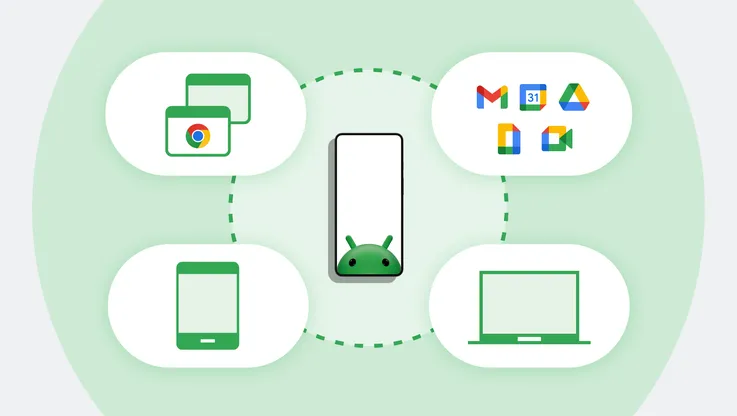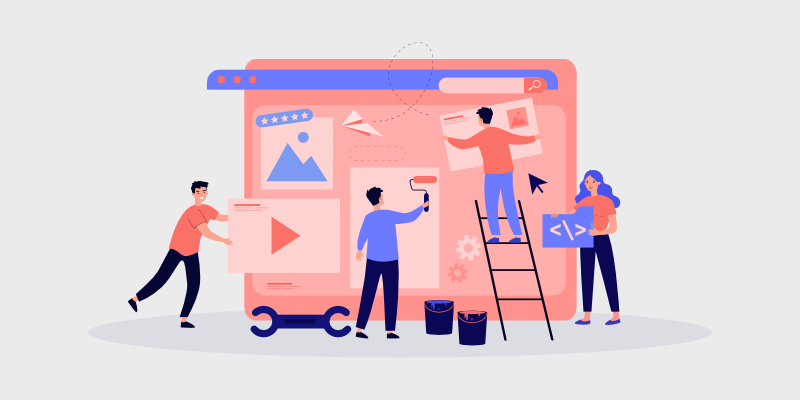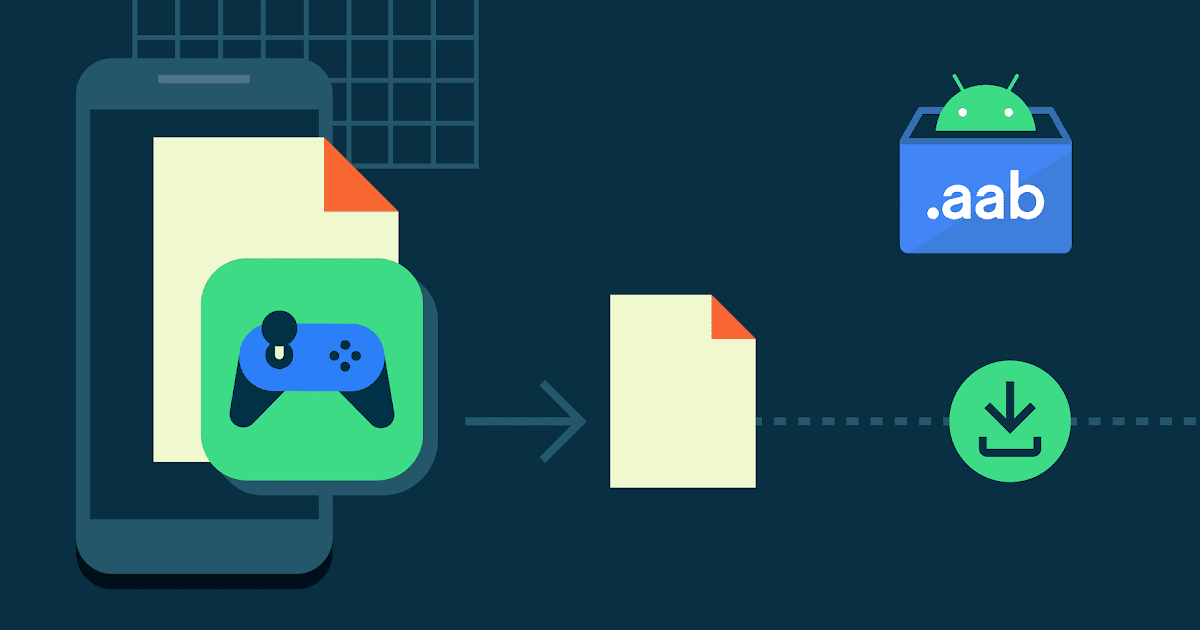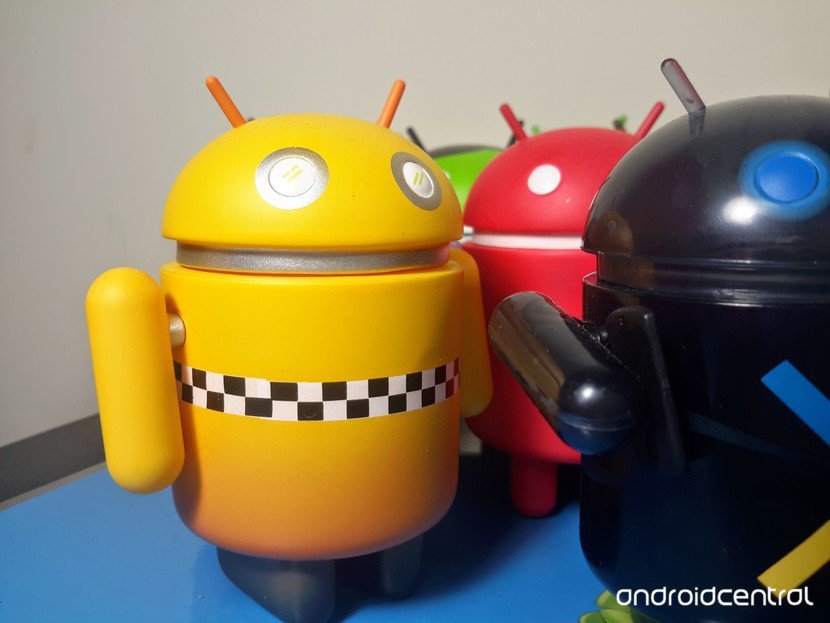

The global assistive technology market is on track to reach an impressive $36.6 billion by 2033 1 , with workplace applications playing a key role in this growth. This highlights the increasing importance of providing high-quality assistive technology in today’s evolving work environments.
However, there is still a gap in availability of assistive technology. In fact, 45 percent of disabled employees report that their workplace software’s accessibility features are only fair or poor 2, indicating a significant gap in meeting their requirements. Android fills this void by offering a high-quality set of built-in accessibility tools to meet the needs of employees with vision, hearing, and mobility impairments and assist businesses in meeting accessibility requirements. Here are nine Android features to support employees with their accessibility needs.
Supporting a range of visual needs with Android’s adaptable vision features
There is no one-size-fits-all solution for visual accessibility. Android provides a variety of customizable visual assistance features to make work devices easier to use for blind and low- or partially-sighted individuals. Android’s Braille Display support 3 provides a flexible and tactile way for employees to read and interact with their work phone or tablet by enabling them to connect to compatible braille displays.
Lookout 4 transforms Android devices into powerful visual assistants, using AI and Google’s Gemini models to provide instant insights. It can quickly describe images and answer questions about visual content in the workplace.
TalkBack 5 is Android’s screen reader, which employees with blindness and low vision can use to interact seamlessly with their Android work devices. For emails, reports, and applications, TalkBack provides spoken feedback and audio/gesture navigation.
Helping teams amplify what matters at work with Android’s hearing tools
Android has audio features that adjust to a variety of hearing requirements to assist employees in concentrating on the most important things. Android provides a collection of intelligent audio features that are intended to improve clarity and customize the user experience for people who are hard of hearing. By engaging in text-based conversations in real time without having to press send, teams can use RTT 6 (Real-time text) to make and receive phone calls with confidence. 7th Sound Amplifier enhances important sounds at work by filtering out background noise and amplifying important conversations or work media for clearer audio, both in person and online.
Android’s hearing aid support enables employees to work from anywhere by pairing their compatible hearing aids for direct audio streaming of meetings, media and work presentations. Find out more about Android’s new LE audio hearing aid integration feature. granting employees with motor limitations personalized control From intuitive voice commands and customizable shortcuts to assistive switch controls, Android puts teams in control of their mobile experience by adapting to the individual needs and preferences of employees with mobility impairments.
Gesture Navigation 8 helps employees take control of their workdays by navigating their phones with simple gestures, like swipes and taps.
Camera Switches 9 turns the front-facing camera into a switch to help team members use facial gestures to control their Android work phone, enabling navigation with eye movements and facial gestures.
10 Action Blocks By creating large on-screen buttons that can be tapped to open frequently used work apps, compose emails, or automate tasks, workflows can be made simpler. By incorporating a wide range of accessibility tools into the devices that people use at work every day, Android builds for everyone. Check out the Android Accessibility website to stay up to date on the most recent feature announcements, and read our data sheet to learn more about how using Android Enterprise can assist teams in interacting with their work devices more effectively and independently.





